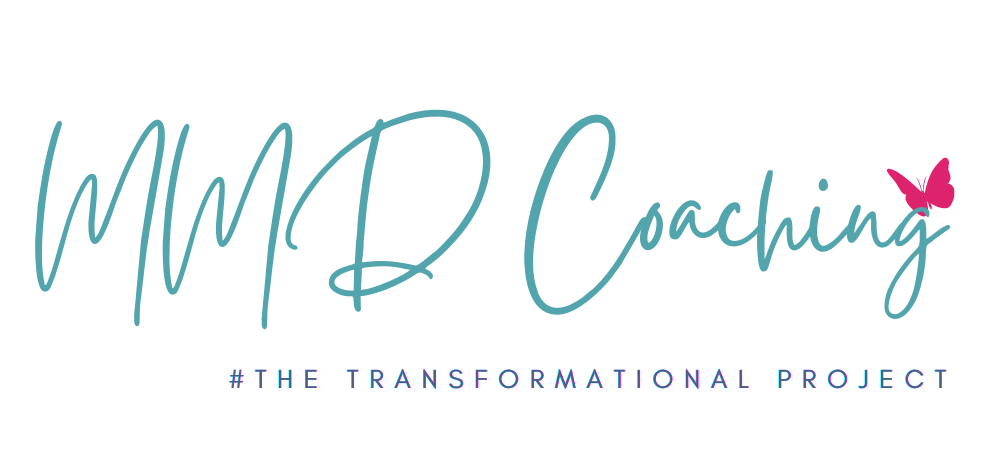How to Claim Happiness: Adopting Positive Habits
Happy people procure positive habits, why not start to claim some of them for yourself?
Happiness is not something that just happens; it's actively pursued, often through the cultivation of positive habits. Here are some valuable practices to help nurture your happiness.
##1. Embrace Silence
Start by dedicating at least 5 minutes each day to peace and quiet. Quietude enhances mental focus and happiness. By giving your brain some space to breathe, you can reflect on ideas, assimilate learnings, or cherish the small moments that brought you joy throughout the day.
## 2. Look for the Silver Lining
Transform your perspective on negative events and reduce stress. List at least three aspects that can help you see the brighter side of any situation. Rather than dwelling on the problem, seek solutions. Remember, each problem presents a challenge, and there is ALWAYS a way to overcome it.
## 3. Laugh Out Loud
Laughter triggers the release of endorphins, the body's natural feel-good chemicals. These promote an overall sense of well-being and can even temporarily relieve pain. Kids laugh abundantly, and they seem happier more often than adults. So, why not laugh more?
## 4. Read Uplifting Books
Invest your time in books that motivate you. Reading places our brains in a pleasurable trance-like state, akin to meditation, yielding the same health benefits of tranquillity and inner calm. Regular readers enjoy better sleep, lower stress levels, higher self-esteem, and lower rates of depression than non-readers.
## 5. Practice Affirmations
Affirmations are positive statements that can help you challenge and overcome self-sabotaging and negative thoughts. Regular repetition and belief in these affirmations can kickstart your journey towards positive changes.
## 6. Pursue Your Passion
Allocate some daily time to do what you love. Focus on your interests and passions, irrespective of how fanciful they may seem. "Doing what you love is freedom. Loving what you do is happiness." Don’t let anyone discourage you from pursuing what makes you happy.
## 7. Nurture Yourself
Allow yourself to receive nurturing. Self-nurturing doesn't have to be complex or time-consuming. Any activity that instils positivity and joy is self-nurturing. Treat yourself well. You deserve it!
## 8. Show Kindness
Kind individuals experience more happiness and harbour happier memories. While it may seem counterintuitive, being kind to others makes us feel happier. Cooperation and generosity stimulate the striatum, a brain area associated with reward.
## 9. Express Gratitude
Gratitude is consistently linked with greater happiness. It enables people to feel more positive emotions, savour excellent experiences, improve their health, cope with adversity, and fortify strong relationships.
## 10. Foster Positivity
Fill yourself with positive thoughts and feelings. Your brain constantly gauges the emotional tone of your thoughts. An excess of negative thoughts can lead to stress and sadness, while more positive thoughts generate relaxation and happiness.
## 11. Let Go
As Thich Nhat Hanh wisely said,
"Letting go gives us freedom, and freedom is the only condition for happiness."
Letting go doesn't mean apathy; it means experiencing life and love fully and openly without clinging to them for survival.
## 12. Forgive
Forgiveness is a powerful tool in our happiness kit. It's not about excusing the person who hurt you or forgetting what happened. Rather, it's about freeing yourself from the burden of resentment and bitterness. When you forgive, you're not saying what happened was OK, but you are choosing peace and happiness over anger or vengeance.
Forgiveness means you win. By forgiving the person who has wronged you, you regain your happiness, and you become the ultimate winner. This process often requires a deliberate decision to let go of resentment and thoughts of revenge. The act that hurt or offended you might always be a part of your life, but forgiveness can lessen its grip on you and help free you from the control of the person who harmed you.
Forgiveness doesn't mean forgetting, nor does it mean condoning the harm done to you. It just means you are making a conscious decision to let go of the pain and move on to a better place of understanding and compassion. It's about liberating yourself and moving forward into a happier and more peaceful state of mind.
So, how do you forgive? Start by acknowledging your emotions about the harm done to you and how it affects your life. Then, make the decision to forgive the person who's offended you, realizing that this decision is for you and not for them. Finally, work on releasing the feelings of resentment or vengeance you're holding on to. This doesn't mean you forget the harm done to you, but you choose to forgive.
Remember, forgiveness is a process and it can take time. But every step you make towards it, is a step towards your own happiness. In the end, the person you are forgiving is yourself.
In conclusion, happiness isn't something that just magically happens. It's a result of a consistent investment in positive habits. By choosing peace, looking for the silver lining, laughing, reading motivational books, practicing affirmations, pursuing your passions, nurturing yourself, showing kindness, expressing gratitude, fostering positivity, letting go, and forgiving, you're setting yourself up for a life of happiness. Adopt these habits, and you'll find that happiness is not merely a destination, but a journey filled with many rewarding moments.
Read more ways to transform your life in my book “Emerge From Your Cocoon: A Guide To Personal Transformation”
MMDPersonal Growth & Self-Development Coach
Download your free self-care journal here.

